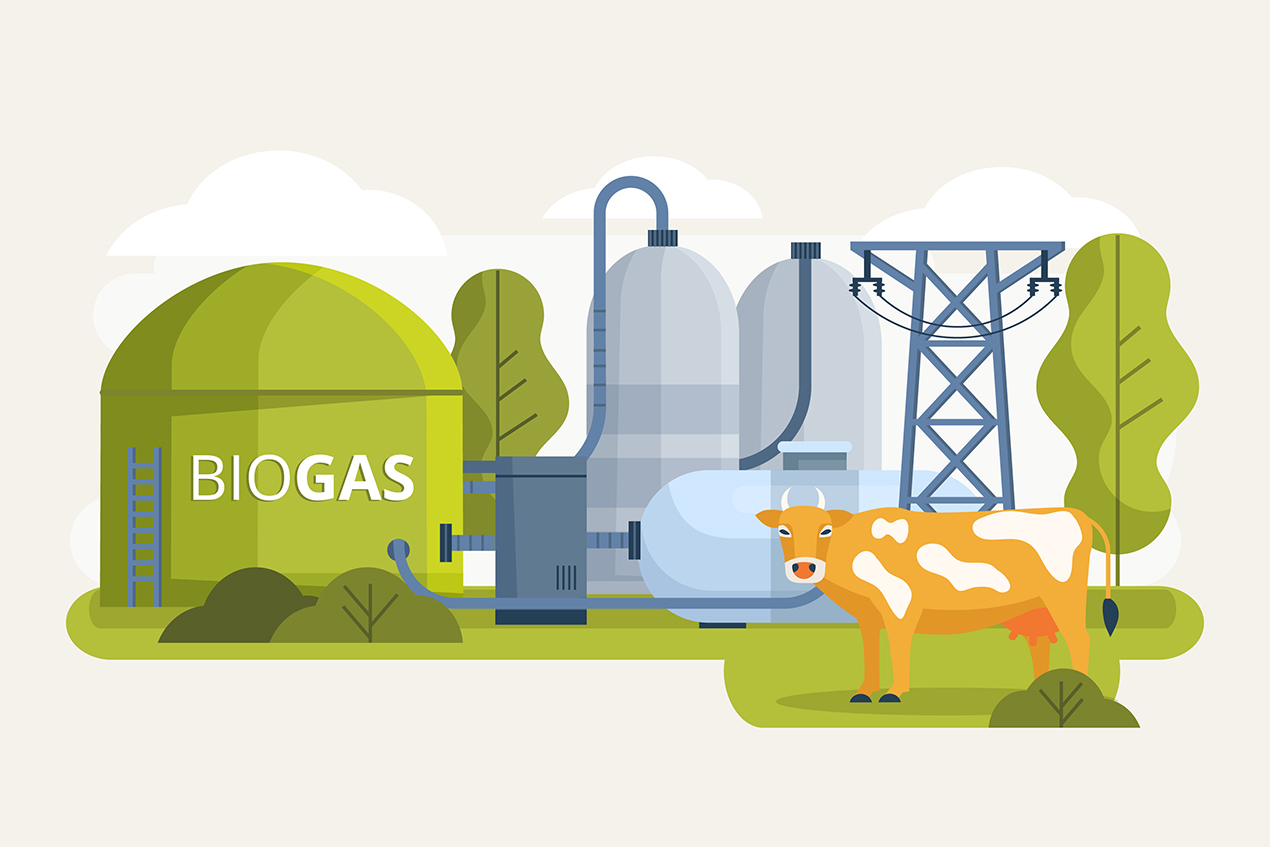News
Denmark Plans to Develop Clean Energy and Shift to Biofuels
International Energy Network News: For many years, Denmark has always attached great importance to the development of green economy. The government has long been determined to achieve "zero dependence on fossil fuels" and strive to make Denmark a more "green" country. According to recent reports from Danish media, the Danish government announced that as part of its plan to develop clean energy, it will gradually phase out coal, the country's main fuel, and replace it with biofuels as the main energy source. This plan includes reducing the proportion of coal-fired power generation in five major cities across the country, including the capital Copenhagen, and gradually shifting to an energy consumption structure dominated by biofuels.According to the report, Copenhagen, Aarhus, Aalborg, Odense and Esbjerg have been designated as the first batch of zero-coal pilot areas. On this basis, coal-fired power generation will be gradually reduced and phased out, and some power stations will undergo technical transformation. , so that they can use biofuels to generate electricity, and eventually biofuels will replace coal and fuel oil as the main energy source for urban production and life.
Danish industry experts predict that if the plan is successfully implemented, Denmark's national coal consumption will be reduced by about 25% and carbon dioxide emissions will be reduced by 3% to 5%. A preliminary estimate of the loss from switching from coal to biofuels is about $169 million, just counting the taxes levied on coal. It is not difficult to see that Denmark has put biofuels at the forefront of renewable energy development.
It is reported that Danish Minister of Climate and Energy Luce Frith strongly agrees with this plan and she hopes to start implementing it early next year. DONG Energy, Denmark's largest state-owned energy company, also welcomed the move. Company director Thomas Dahlsgaard said: "The development potential of biofuels is huge. In fact, around us, there are a large number of materials that can be used as biofuels that have not yet been utilized, such as production residues from the furniture industry. Moreover, this The move could also expand timber imports from North America and the Baltics."
In fact, DONG Energy has begun phasing out coal-fired power stations. It recently announced that it plans to mothball 892 MW of coal-fired power generation capacity. DONG Energy plans to suspend the two coal-fired generating units at its Enstedvaerket power station in 2012. All 626 MW generating units will be closed in 2013, followed by 266 MW generating units. These two generating units will be closed in 2012. In 2009, a total of approximately 2 million tons of carbon dioxide was released.
However, despite the supportive voices in the industry, there are still lingering fears. Catherine Rickardsson, chairperson of the Danish Climate Council, warned: “It is feasible to replace coal with biofuels in the short term, but in the long term, once biofuels are used as the main energy source, it will be very expensive.” She pointed out that Denmark 87% of the wood chips used in biofuel power stations are imported, so in the long term, they must also rely on wind power and other alternative energy sources. "

RELATED NEWS
- Qatar to Deliver Natural Gas to Bahrain in 2008
- International Crude Oil Prices Exceed $105
- US Media: Global Oil Prices have not Skyrocketed Because the Time has not Come y
- Global Energy Research Center Predicts that Oil Prices will Remain High in 2008
- North Korean Said Possessing Nuclear Deterrence was an Important Achievement
